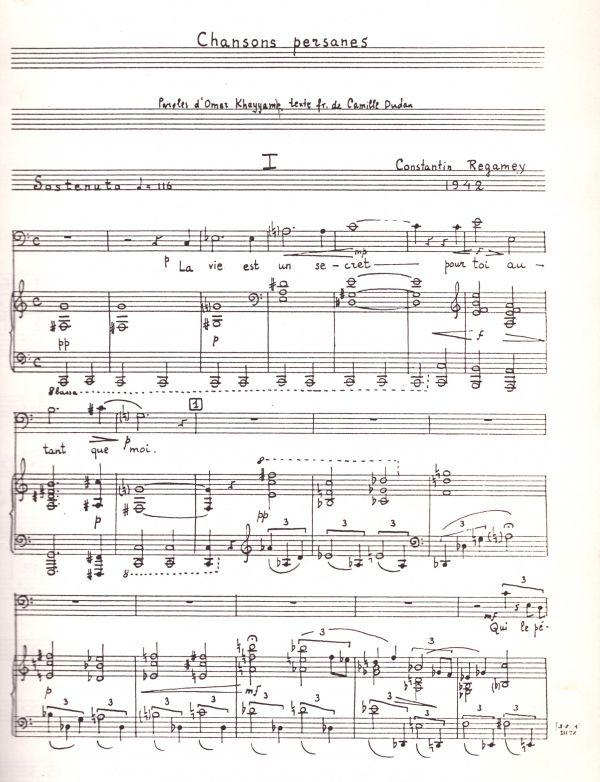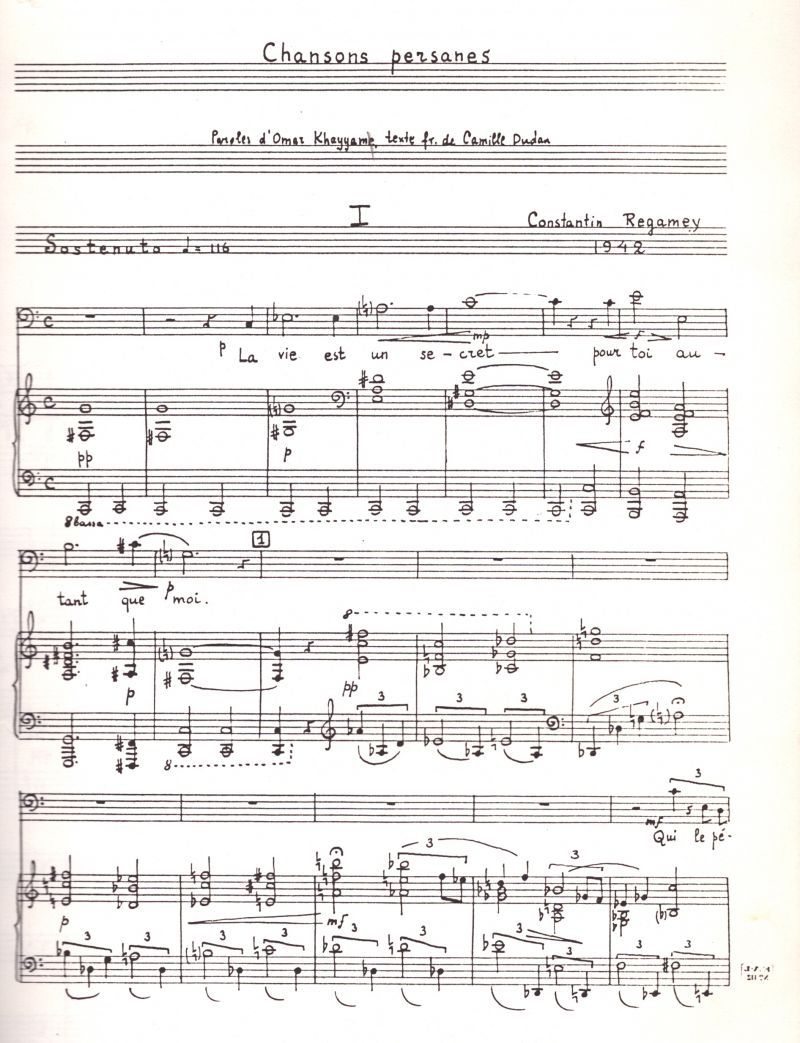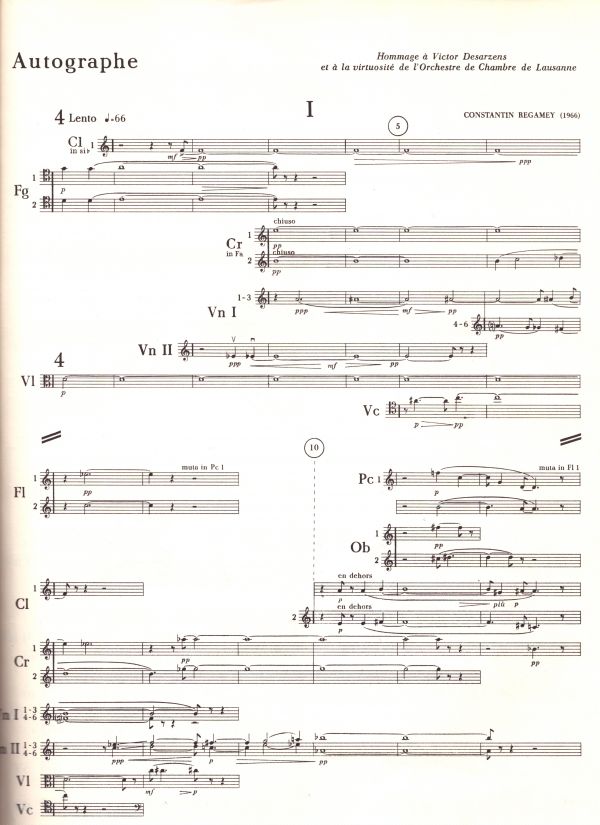About works
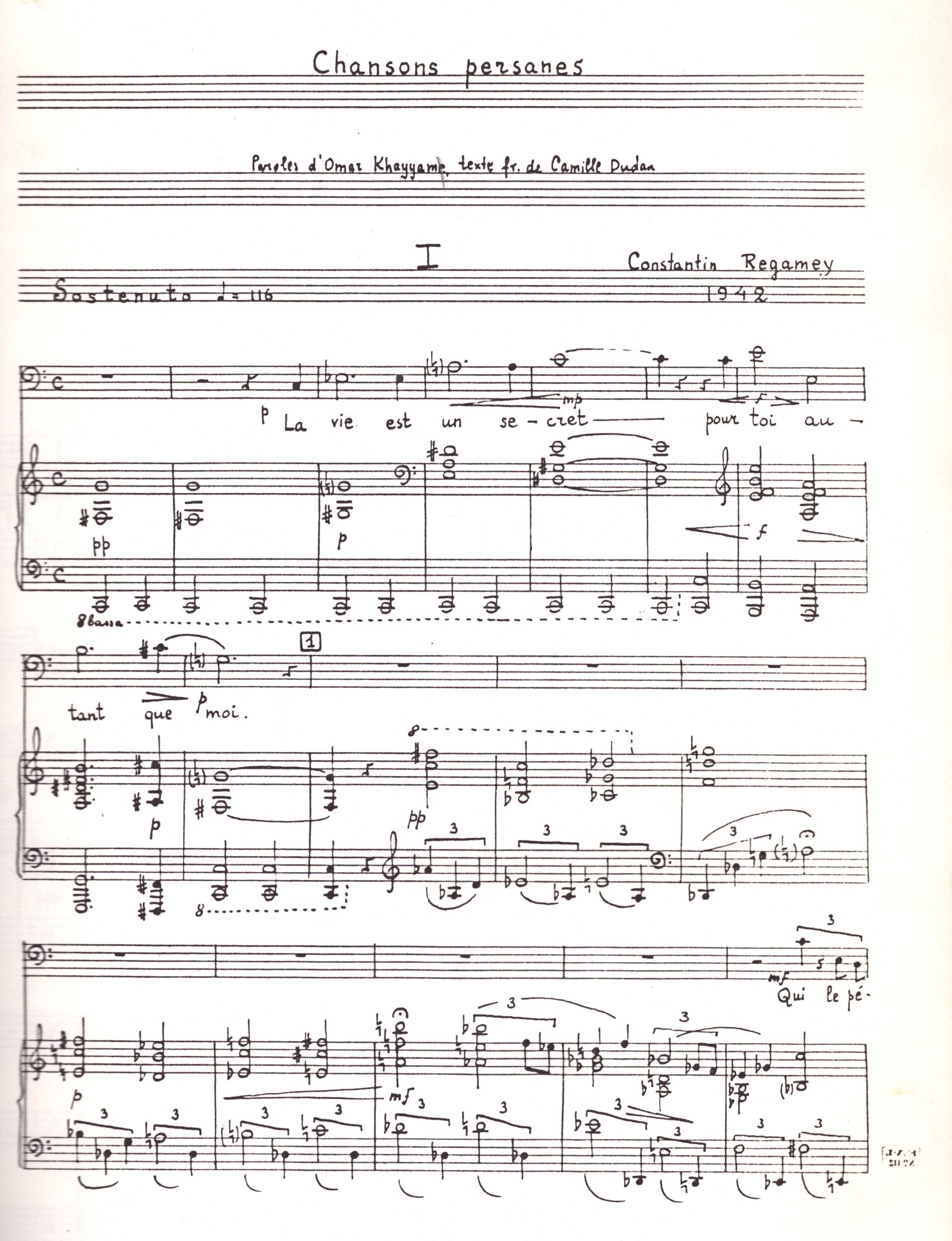
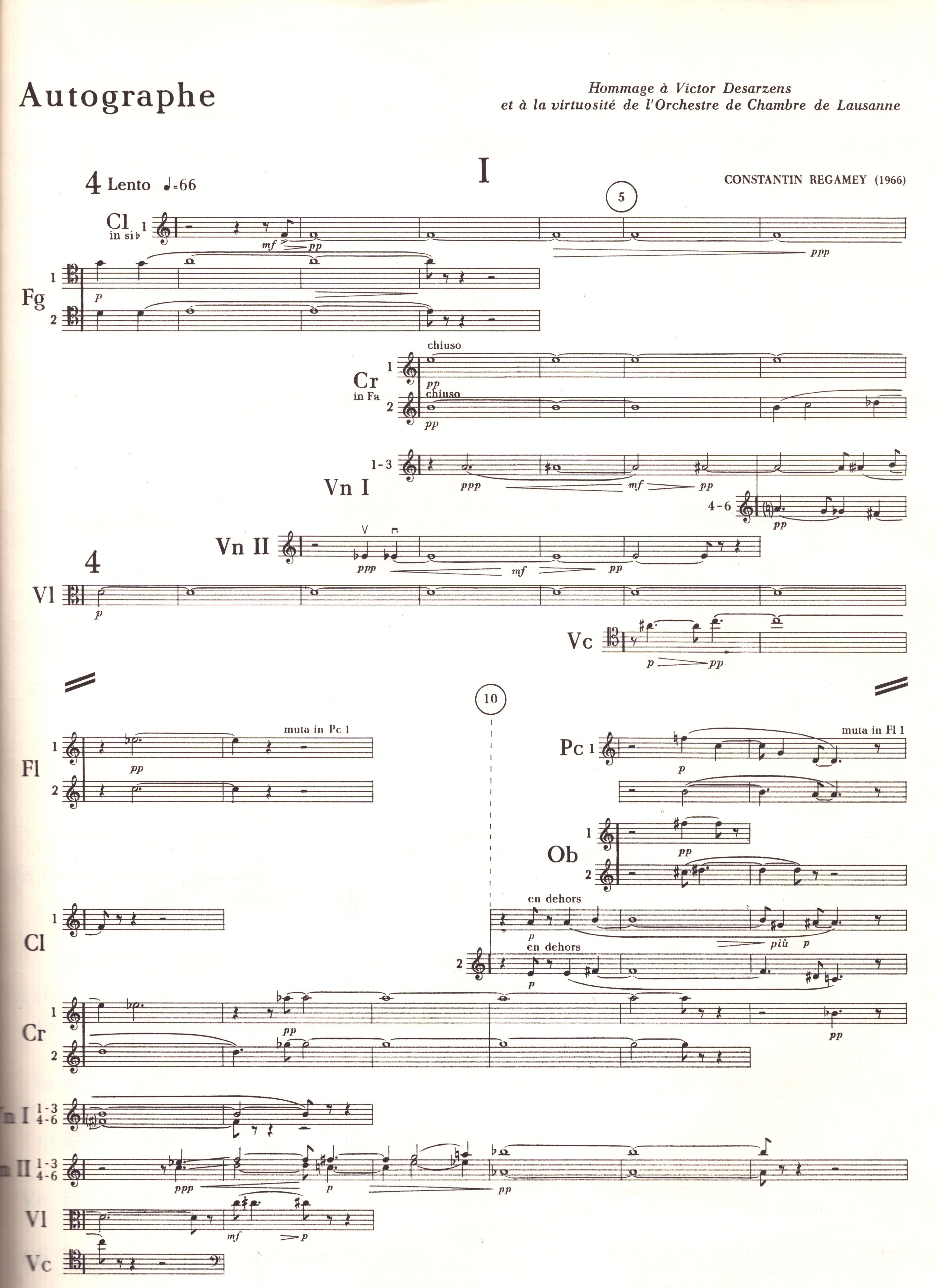
Chansons Persanes
The appearance of Seven Songs to Texts by Omar Khayyám was an unexpected phenomenon in Polish musical life, and the reaction must have been strong since the event was vividly remembered afterwards. What was unexpected was that such a work came from a music critic and scholar rather than from a professional composer. The cycle was written in the 1942 Warsaw, in an atmosphere charged with ‘roundups held to capture civilians in the streets, people being hunted, destitution, and the unimaginable horrors raging behind the ghetto walls.’
I. La vie est un secret...:
II. Dieu qui fit Khayyâm...:
III. Luisantes roses...:
IV. Viens, défends-moi...:
V. Faucon hardi...:
VI. Les nuits, j'observe le ciel étoilé...:
VII. C'est moi! moi!...:
Autograph
The formation of certain qualities through artistic creation is one of the key processes in art. We call this process style, individuality, or artistic personality. There are some works that emphasise the problem of style and stylistic unity as the most important issue. Autograph is one such work.
Quintet
Quintet for clarinet, bassoon, violin, cello, and piano occupies a special place in Regamey’s output. Composed in 1942–44 and first performed on 6 June 1944 in the German-occupied Warsaw, the Quintet is one of the first works that testify to a creative fulfilment of his artistic ideas, an attempt to combine the Neoclassical idiom with dodecaphony, but also a Classically-oriented approach with a Romantic one. This synthesis manifests itself primarily in aiming at a precise, compact structure while emphasising enhanced expression at the same time.


